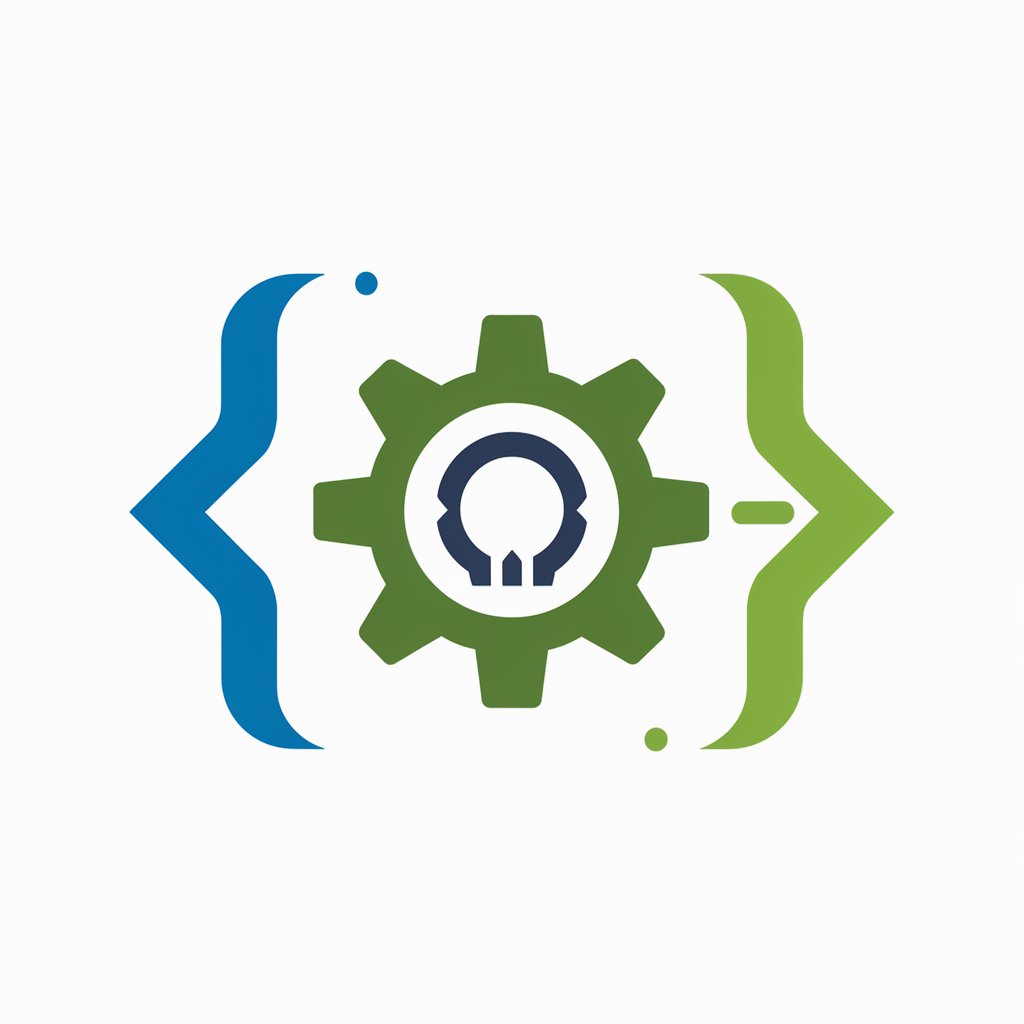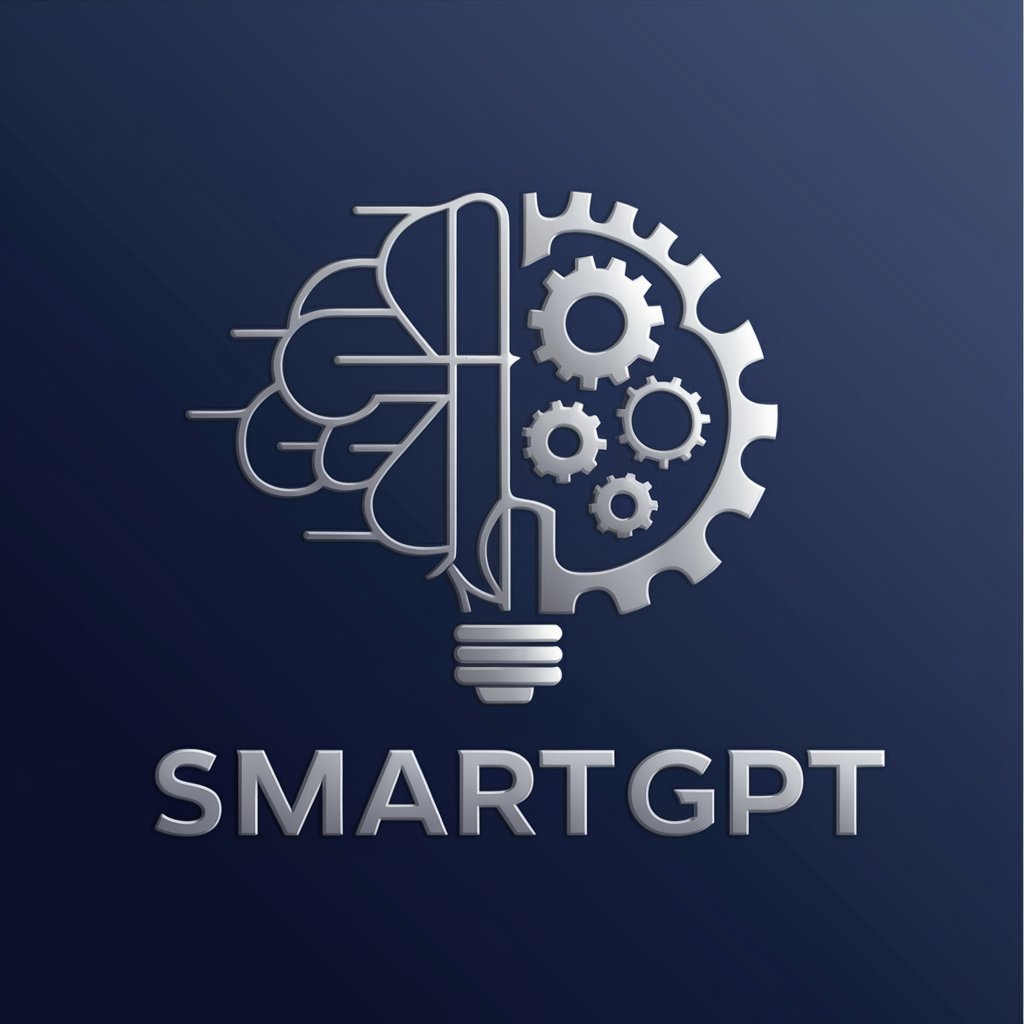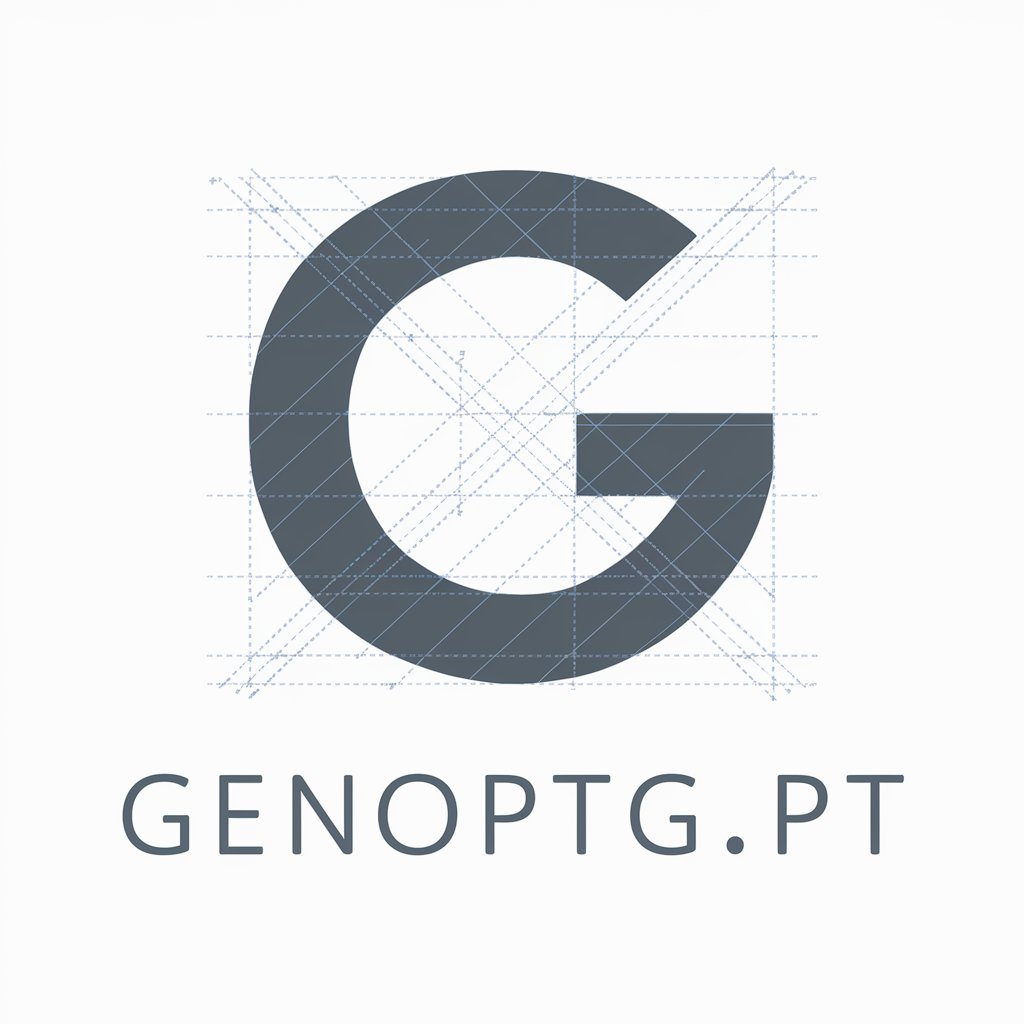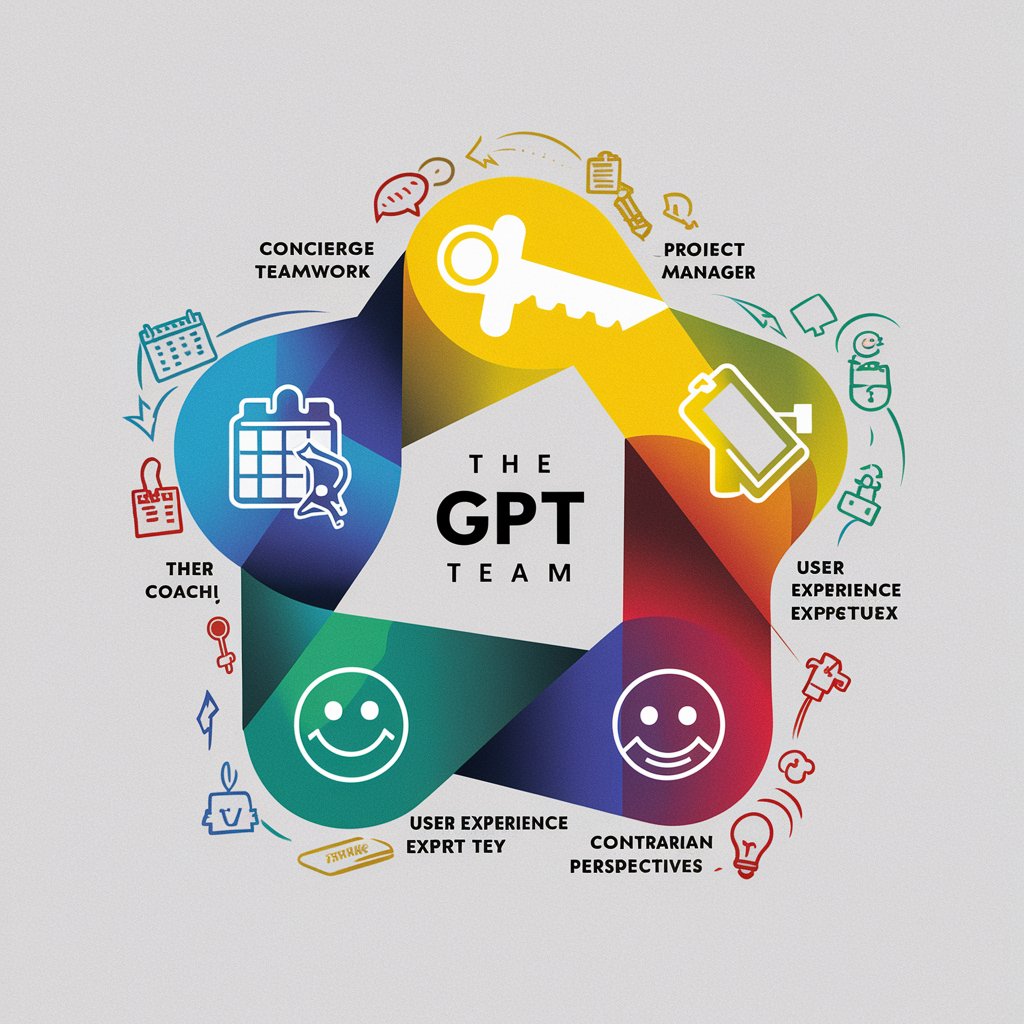
GIPS: Generalized Iterative Problem Solving - Structured Problem-Solving AI
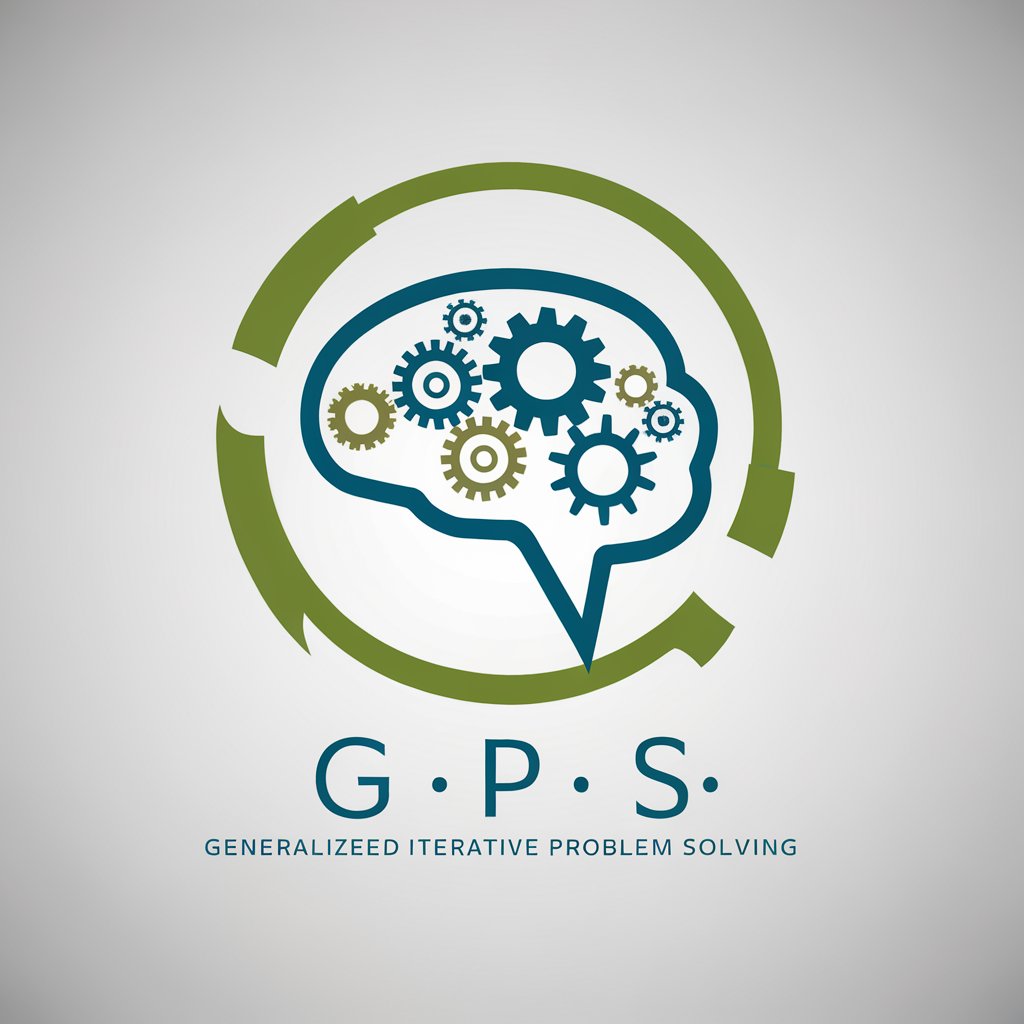
Hello! Let's solve problems together, step by step.
Elevate Your Solutions with AI-Powered Reflection
Explain the steps to solve a complex problem iteratively...
Describe how to identify and address potential edge cases...
What are effective strategies for iterative problem-solving in software development?
How can one reflect and refine solutions during problem-solving?
Get Embed Code
Introduction to GIPS: Generalized Iterative Problem Solving
GIPS: Generalized Iterative Problem Solving is designed to assist with problem-solving in a methodical and iterative manner. This approach is rooted in the principle that complex problems can be more effectively addressed by breaking them down into smaller, more manageable components, and then addressing each component in a series of iterations. Each iteration includes an initial conjecture or hypothesis about the solution, followed by a reflection phase where potential issues, edge cases, or refinements are considered. This process allows for a more thorough exploration of possible solutions and encourages a deeper understanding of the problem at hand. An example scenario could involve troubleshooting a technical issue where the problem is initially unclear. GIPS would start by defining the problem based on known symptoms, formulating an initial hypothesis for the cause, and then iteratively refining this hypothesis as more information becomes available or as initial solutions are tested and new insights are gained. Powered by ChatGPT-4o。

Main Functions of GIPS: Generalized Iterative Problem Solving
Structured Problem Solving
Example
When faced with a complex software bug, GIPS can help structure the approach to identifying the bug's root cause. It starts with an initial conjecture, such as suspecting a memory leak, and through iterative reflection, narrows down the possibilities by considering different scenarios, like specific functions or recent changes that could contribute to the issue.
Scenario
This is particularly useful in software development, where complex interdependencies can make troubleshooting challenging.
Iterative Learning and Improvement
Example
In a scenario where a marketing team struggles to improve campaign performance, GIPS would guide them through defining the problem (e.g., low engagement rates), forming an initial hypothesis (such as ineffective content or targeting), and iteratively refining strategies based on analysis of campaign data and market feedback.
Scenario
This approach benefits strategic planning and marketing by applying a structured methodology to test and learn from each campaign iteration.
Edge Case Identification and Solution Refinement
Example
While designing a new product, engineers and designers could use GIPS to anticipate and solve for potential user issues. By initially conjecturing about user needs and problems, and then systematically considering feedback and potential edge cases, they can refine the product design iteratively.
Scenario
This is crucial in product development, ensuring that final designs are user-centric and well-adapted to real-world use cases.
Ideal Users of GIPS: Generalized Iterative Problem Solving Services
Software Developers and Engineers
Individuals in technical fields, particularly those involved in software development and engineering, would benefit from GIPS by employing its structured approach to debugging, feature development, and system optimization. The iterative process helps in identifying not just immediate fixes, but also underlying causes and potential improvements.
Business Analysts and Strategists
Professionals who engage in complex problem-solving to improve business processes, develop strategic plans, or optimize performance metrics. GIPS aids in structuring their approach to these challenges, allowing for a more disciplined analysis and consideration of various scenarios and their outcomes.
Educators and Researchers
Those involved in education and research can leverage GIPS to structure experiments, studies, or educational strategies. The iterative process encourages a hypothesis-driven approach to understanding phenomena or improving pedagogical methods, making it invaluable for developing new insights or educational content.

How to Use GIPS: Generalized Iterative Problem Solving
1
Initiate your journey at yeschat.ai to explore GIPS with a complimentary trial, no ChatGPT Plus or login required.
2
Identify a specific problem you want to solve or a question you need an in-depth answer to.
3
Present your problem or question to GIPS, including all relevant details and any initial thoughts or data you have.
4
Engage with GIPS through its iterative reflection process, where it will ask for clarifications, offer conjectures, and identify potential issues.
5
Use the reflections to refine your approach, ask further questions, or consider new angles until you reach a satisfactory conclusion.
Try other advanced and practical GPTs
TäkØF
Navigate airports stress-free with AI-powered assistance.

Roadway Architect
Designing roads smarter, faster, and greener.

Quantum Weaver
Simplifying Quantum Computations for All.

AustrianLAW - Recht und Gesetze in Österreich
AI-powered Austrian legal assistant

Test Legislator AI
Decoding Kuwaiti Law with AI Precision

Sage of Thoth
Unlocking Mystical Insights with AI

Personal Finance
AI-powered Personal Finance Advisor

GPT Tech Enhancer,
Elevating AI interactions with tailored insights.
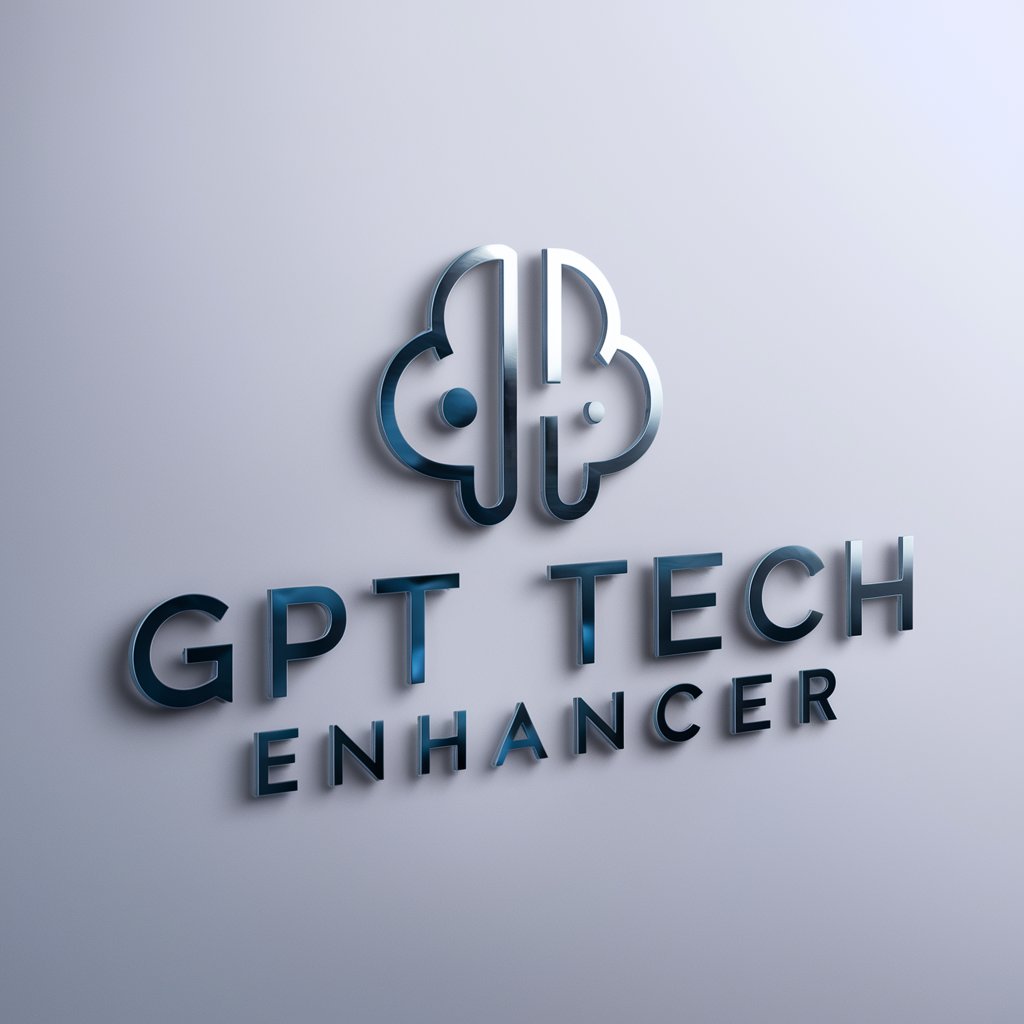
English ↔️ Arabic Professional Translator
AI-powered, culturally nuanced translations.
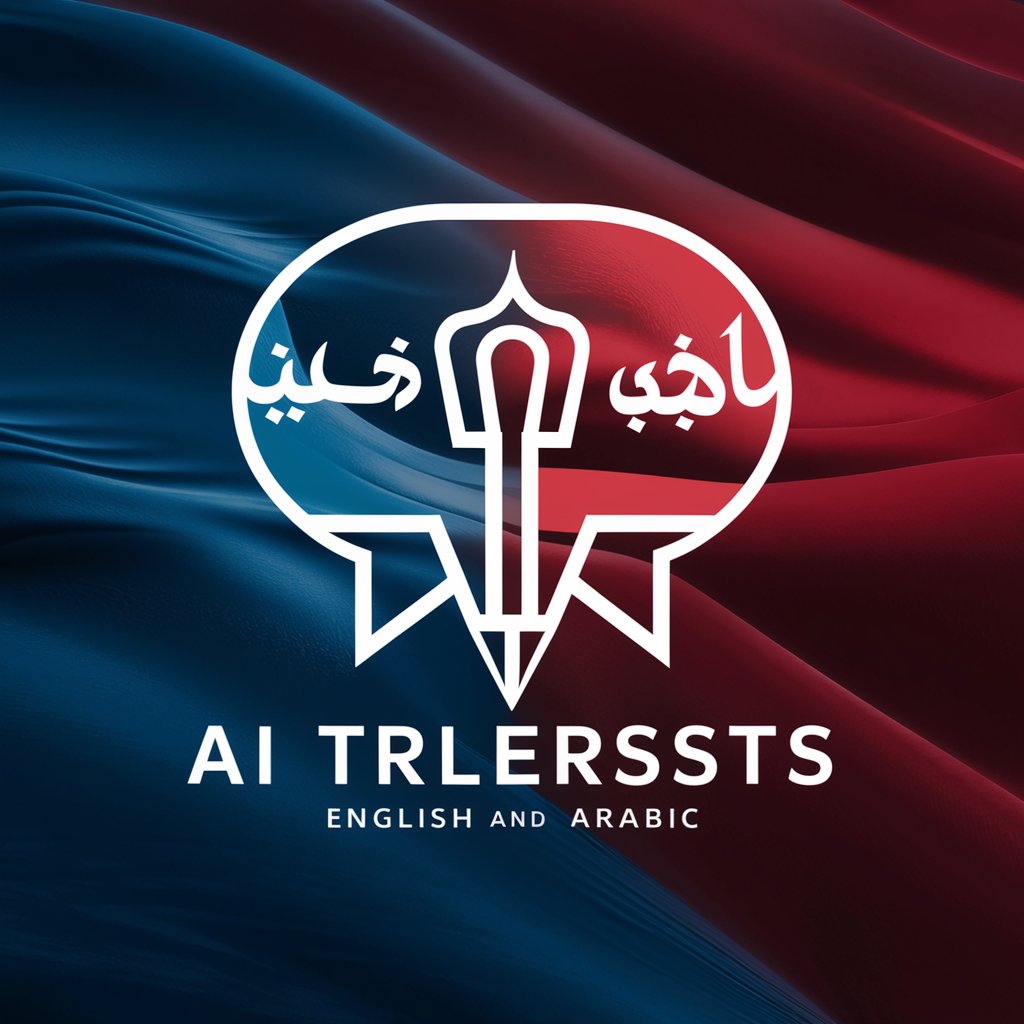
AMZ FBA Seller GPT
Empower Your Amazon Sales with AI
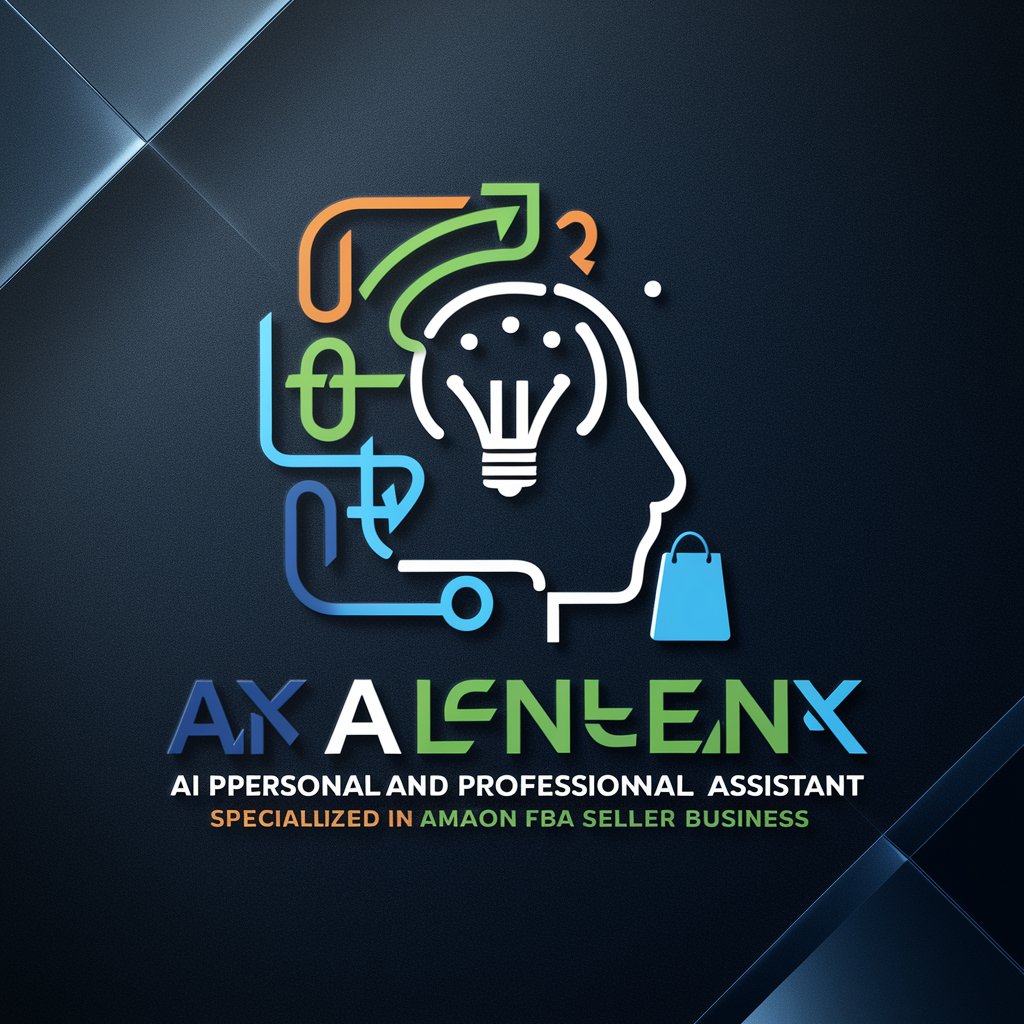
Rosh GPT
Empowering Creative Minds with AI

B&C
Empowering Innovations with AI
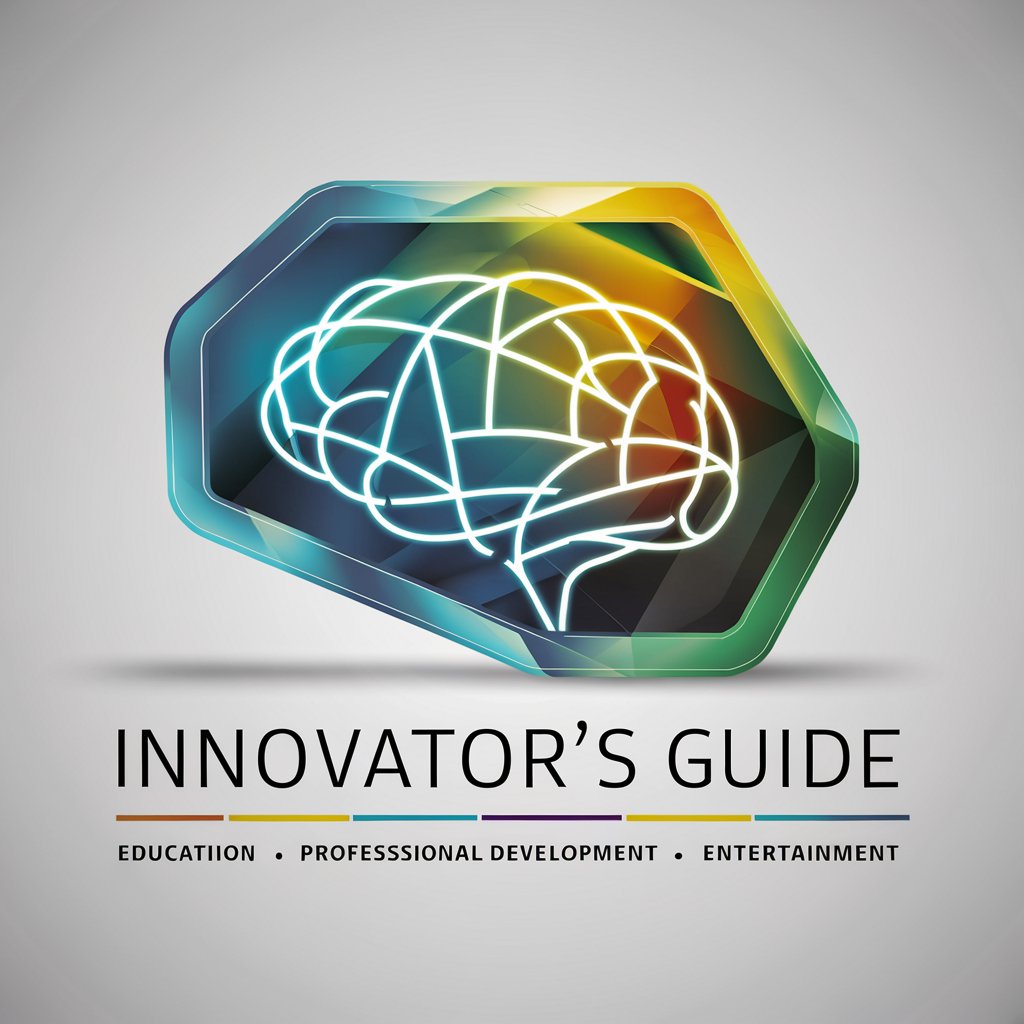
Frequently Asked Questions about GIPS
What makes GIPS different from other problem-solving tools?
GIPS stands out by adopting an iterative reflection process, enabling users to deeply analyze and refine their solutions through continuous engagement and consideration of new perspectives.
Can GIPS help with academic research?
Absolutely. GIPS can assist in formulating research questions, identifying gaps in existing literature, and suggesting methodologies, making it a valuable tool for academic writing and research.
How can businesses benefit from using GIPS?
Businesses can utilize GIPS to solve complex problems, develop strategic plans, and optimize operations through its structured problem-solving approach that encourages critical thinking and innovation.
Is GIPS suitable for personal use?
Yes, GIPS is designed to assist individuals in solving personal problems, making decisions, and generating creative ideas by offering a structured framework for thought and reflection.
How does GIPS ensure the quality of its solutions?
GIPS emphasizes an iterative process that involves continuous reflection and refinement, allowing for the identification and correction of potential issues, thereby enhancing the reliability and quality of its solutions.
